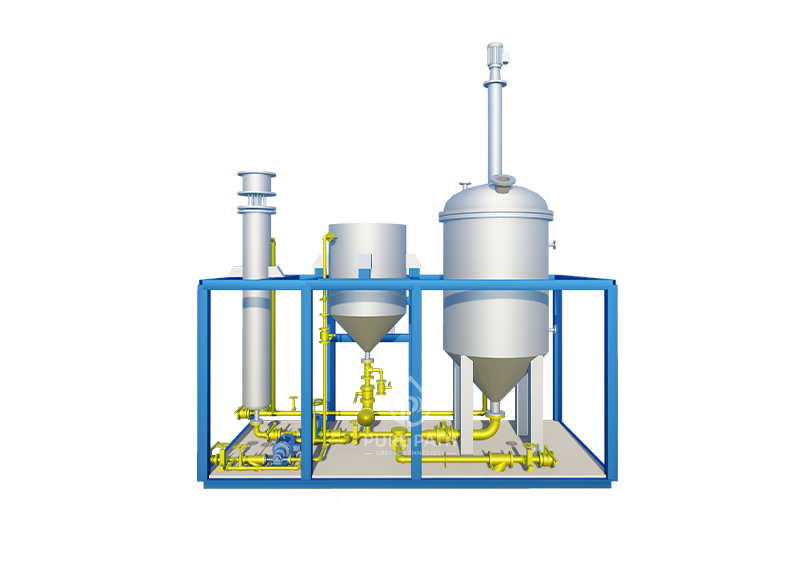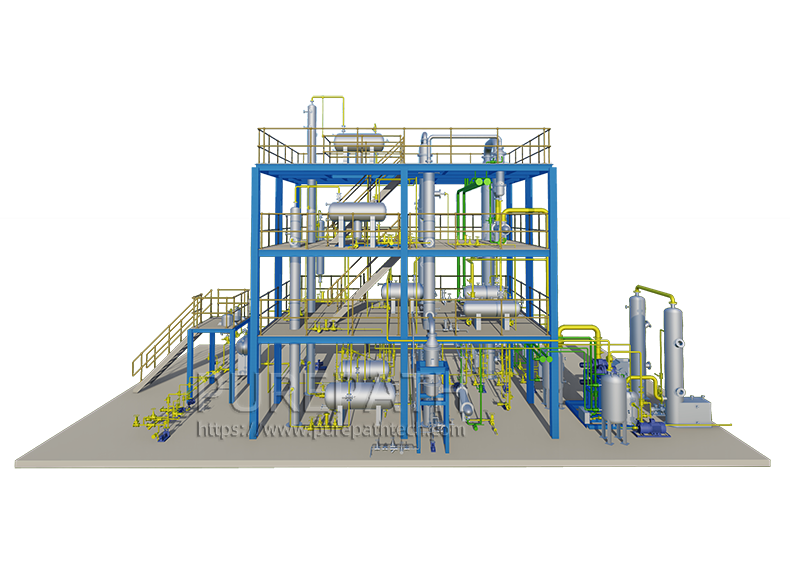The Crucial Role of Lubricant Oil Recycling Machines in Preserving Our Environment
Used lubricating oil, a byproduct of various mechanical processes, poses a significant environmental challenge due to its potential for pollution and negative health impacts. In this article, we will explore the definition of used lubricating oil, the importance of recycling it, the benefits of such recycling efforts, and delve into the technology behind lubricant oil recycling machines.
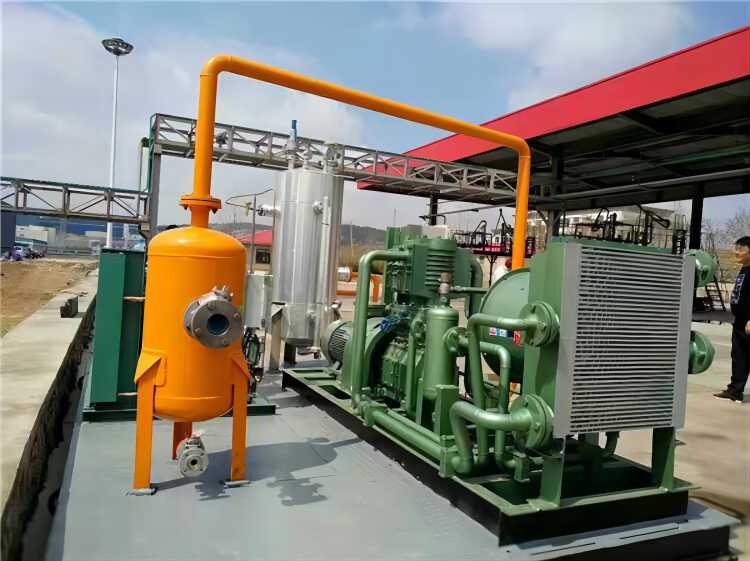
What is Used Lubricating Oil?
Used lubricating oil is an oil that has served its intended purpose in machinery or engines and has undergone a certain degree of degradation, accumulating impurities and contaminants during its use. This oil is commonly derived from automotive engines, industrial machinery, and other mechanical systems that rely on lubrication for optimal performance.
Why is it Important to Recycle Used Lubricating Oil?
1. Environmental Impact
Used lubricating oil, if not properly managed, can lead to soil and water pollution. When disposed of improperly, it can seep into the ground, contaminating soil and posing risks to aquatic ecosystems. Additionally, the improper disposal of used oil contributes to air pollution through the release of harmful emissions.
2. Health Risks
The contaminants in used lubricating oil, including heavy metals and carcinogenic compounds, can pose serious health risks to both humans and animals. Exposure to these substances may lead to respiratory issues, skin problems, and other long-term health complications.
3. Resource Conservation
Oil is a finite resource, and recycling used lubricating oil helps in conserving this valuable commodity. By reusing the oil after proper treatment, we reduce the dependency on virgin oil extraction, thereby contributing to the conservation of natural resources.
What are the Benefits of Recycling Used Lubricating Oil?
1. Environmental Conservation
Recycling used lubricating oil minimizes the environmental impact associated with its improper disposal. The process helps prevent soil and water contamination, protecting ecosystems and biodiversity.
2. Resource Efficiency
Recycling used lubricating oil involves the extraction of valuable base oils and additives. These reclaimed components can be used to formulate new lubricating oils, reducing the need for fresh raw materials and decreasing the overall environmental footprint of lubricant production.
3. Energy Savings
The energy required to produce lubricating oil from virgin materials is significantly higher than that needed for the recycling process. By reusing used oil, we contribute to energy conservation and reduce greenhouse gas emissions associated with oil production.
4. Economic Benefits
The recycling industry, including used lubricating oil recycling, creates job opportunities and stimulates economic growth. It also reduces the costs associated with waste management and environmental cleanup efforts.
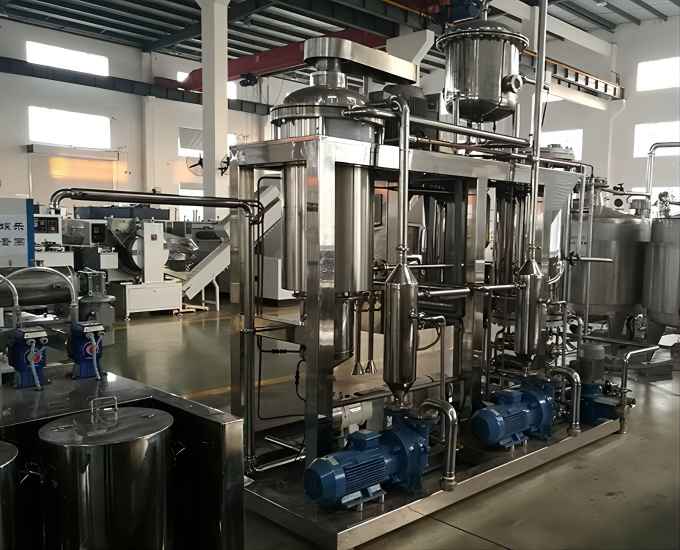
What is a Lubricant Oil Recycling Machine?
Lubricant oil recycling machines play a crucial role in the effective and sustainable management of used lubricating oil. These machines utilize various technologies to treat and process used oil, separating impurities and contaminants to produce high-quality recycled lubricating oil. Here’s a closer look at the key aspects of lubricant oil recycling machines:
1. Types of Machines
Lubricant oil recycling machines come in different types, each designed for specific purposes. Distillation units, filtration systems, and re-refining processes are among the common technologies used in these machines.
- Distillation Units: These machines use heat to separate different components of used oil based on their boiling points. This process is effective in removing impurities and contaminants, producing purified base oils.
- Filtration Systems: Filtration machines employ various filters to remove solid particles and impurities from used oil. This method is particularly effective in extending the life of lubricating oil by eliminating harmful contaminants.
- Re-refining Processes: Re-refining involves chemical processes to break down contaminants and separate base oils and additives. This results in a product that meets or exceeds industry standards for new lubricating oil.
2. Working Principles
- Distillation: Distillation units heat the used oil to its boiling point, allowing different components to evaporate and then condense into separate fractions. The purified oil is then collected, leaving impurities behind.
- Filtration: Filtration systems use various filters, such as membrane filters or activated charcoal filters, to remove solid particles and contaminants from the used oil. This process helps restore the oil’s lubricating properties.
- Chemical Processes: Re-refining machines employ chemical reactions to break down contaminants into harmless byproducts. This method is effective in producing high-quality base oils suitable for lubricant formulation.
3. Output Products
Lubricant oil recycling machines yield several valuable output products, including:
- Base Oils: Purified and reclaimed base oils that can be used as the foundation for new lubricating oils.
- Additives: Some machines can recover and separate additives from used oil, contributing to the overall efficiency of the recycling process.
- Recycling Byproducts: The residual materials generated during the recycling process, which are often used for other applications or disposed of in an environmentally friendly manner.
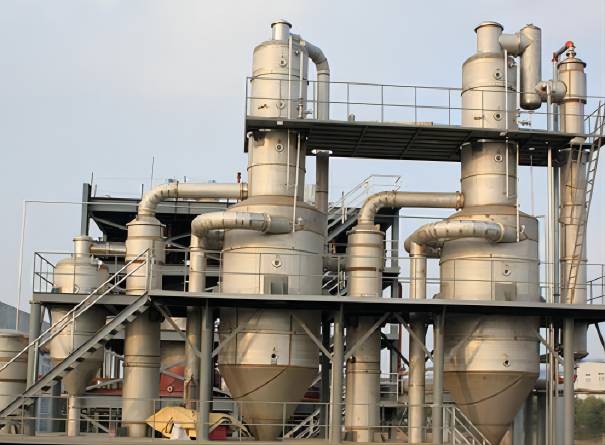
Conclusion
In conclusion, the recycling of used lubricating oil through advanced lubricant oil recycling machines is a critical step toward achieving environmental sustainability. By understanding the importance of recycling, recognizing its benefits, and embracing innovative technologies, we can collectively contribute to a cleaner, healthier planet. As we move forward, it is essential to support and promote the adoption of lubricant oil recycling practices to ensure a greener and more sustainable future.


